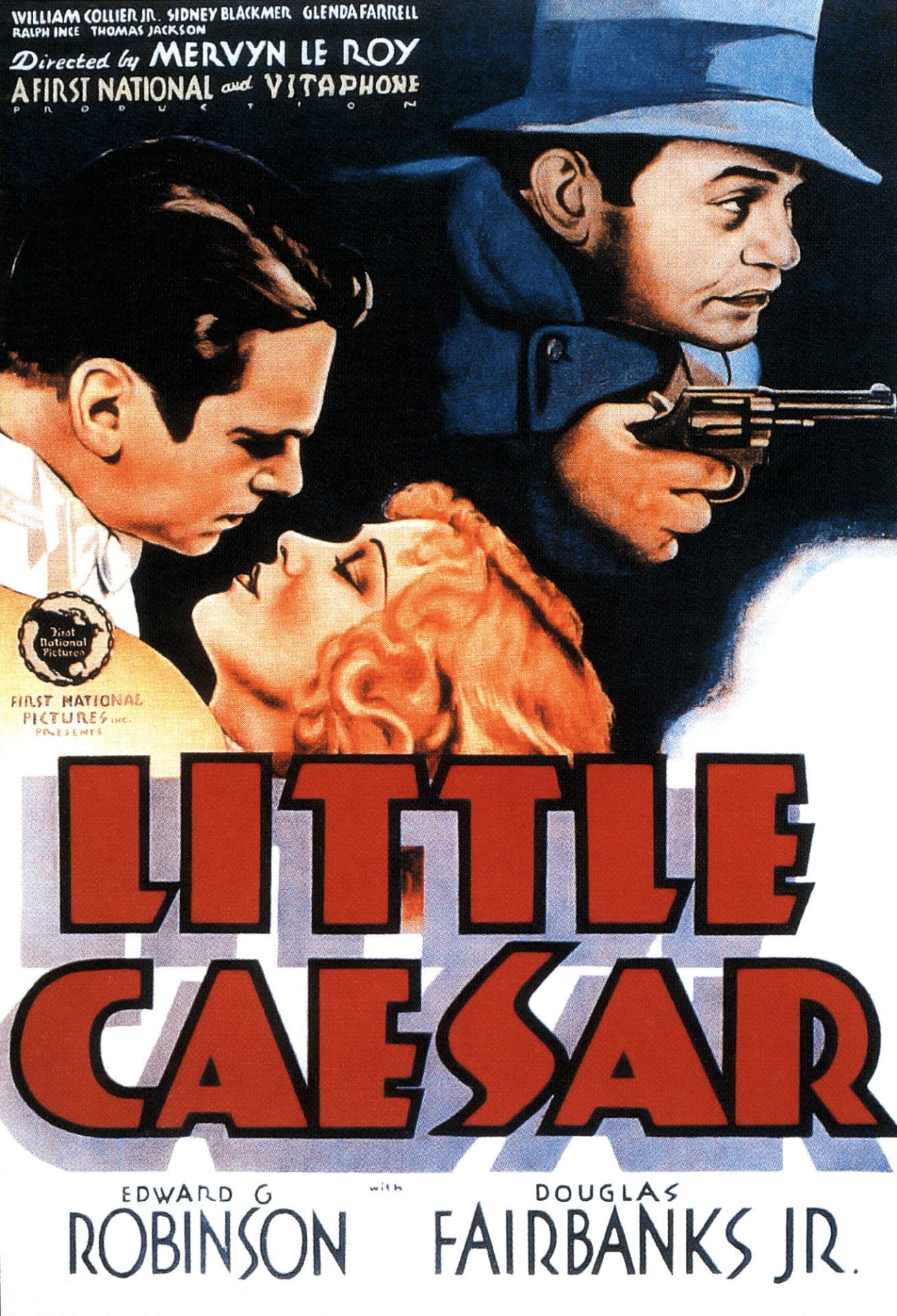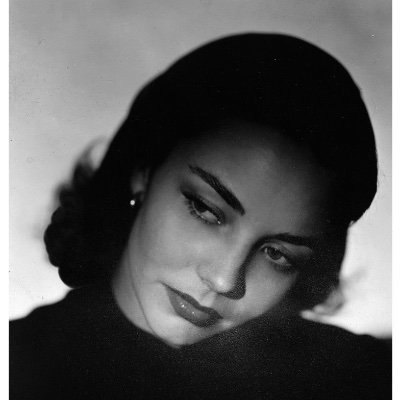
- Starring
- Edward G. Robinson, Douglas Fairbanks Jr., Glenda Farrell
- Writers
- Francis Edward Faragoh, Robert N. Lee
- Director
- Mervyn LeRoy
- Rating
- n/a
- Running Time
- 79 minutes
Overall Score
Rating Summary
Little Caesar was revolutionary during its time for depicting a gangster as a complicated, somewhat sympathetic figure. He wasn’t just a cigar chewing caricature or an effete flunky who could be easily mocked by audience members. This film terrified audiences by acknowledging that gangsters often had the same insecurities as blank clerks and house painters. It suddenly became difficult to treat criminals as purely villainous figures. Viewers had to engage with them on a deeper level and come to terms with the fact that all human beings suffer from certain weaknesses and flaws. This genre of cinema gained more respect and screenwriters found ways to elevate schlocky tropes into high art. It’s fair to say that we might not have films like The Godfather if Little Caesar hadn’t made such a big impact upon release.
Like most crime dramas, Little Caesar is not about the rise and the fall of a tragic hero. This Shakespearean figure is Caesar Enrico Bandello (Robinson), a small time crook who quickly rises to the top of the ranks in the criminal underworld of Chicago. He becomes phenomenally successful and powerful but his happiness is mostly tied to his exceptionally close relationship with Joe Massara (Fairbanks, Jr.). When Joe witnesses him committing a serious crime, it shatters their once solid friendship. They can no longer trust one another and Bandello tries to keep Massara safe by forcing him to remain close. Bandello’s world begins to crumble around him and he doesn’t know how to pick up the pieces. His efforts to cleverly manoeuvre himself out of a precarious position only create more problems.
It almost feels mean to call this dated and heavy handed when it still feels so ahead of its time in many ways. There are a lot of great ideas on screen but there is always the feeling that they haven’t been developed to their fullest potential. The screenwriters played around with commenting on fragile masculinity, disintegrating friendships and the irresistible allure of wealth and a higher social status. Unfortunately, the acting is often stiff and wooden and some of the social mores of the time probably prevented them from explicitly making certain points. They have to be content with hinting at the homoerotic undertones in the relationship between Bandello and Massara, rather than being allowed to depict any physical or emotional intimacy between the two. Meanwhile. the choice of Mervyn LeRoy as the right director for this material was a peculiar one as he directs the film as though it’s an adaptation of some tragic stage drama and not a gangster flick that deserves the Howard Hawks treatment. LeRoy doesn’t see this as something that is bracing or hard hitting and that is evidenced by the fact that he is so content to hold the same shots for such a long time. With less restrictions and a more suitable director, this could have been a masterpiece and not just the pioneering but dated classic that it is.
On the other hand, Robinson’s performance as Bandello still has a devastating effect all these years later and leaves you feeling all sorts of emotions in the aftermath of watching the film. He makes you feel pity, disgust and sympathy for Bandello. This is a unique combination of emotions and Robinson’s nuanced, three dimensional portrait of this character, is able to capture the contradictions that are inherent in the lives of all criminals. Bandello is a man who doesn’t blink an eye when asked to commit a horrific act of violence, and yet he fawns over his dumb sidekick and attempts to subtly flirt with him. All of that volatility and all of those shocking mood swings can be seen in Robinson’s pouty lips and permanently furrowed brow. Viewers can often see him sweating and it’s merely a sign of just how committed Robinson was to this part. He is willing to humiliate himself and appear ‘un-manly’ on screen. He didn’t approach this role with any vanity and he doesn’t pretend to be a traditional matinee idol. That’s something that you just don’t get from most movie stars.
Robinson deserves to be considers one of the greatest stars of Hollywood’s Golden Age and this film might feature his most accomplished performance. That’s saying something considering the fact that this man also appeared in Double Indemnity. Little Caesar doesn’t rank up there with Billy Wilder’s masterpiece but it still has a lot going for it. For those looking to explore the history of the genre, do not skip over this classic.
still courtesy of Turner Classic Movies
Follow me on Twitter.
If you liked this, please read our other reviews here and don’t forget to follow us on Twitter or Instagram or like us on Facebook.

I am passionate about screwball comedies from the 1930s and certain actresses from the Golden Age of Hollywood. I’ll aim to review new Netflix releases and write features, so expect a lot of romantic comedies and cult favourites.
Discover more from
Subscribe to get the latest posts sent to your email.
